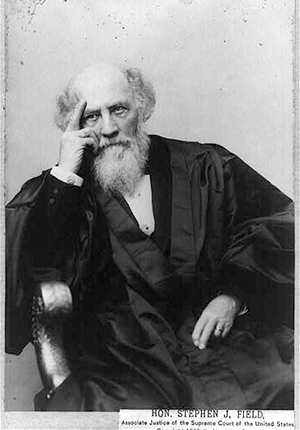Summary
In The Chinese Exclusion Case, the Supreme Court considered the question of whether legislation preventing foreign nationals from reentering the country is within Congress’s constitutional powers. When Congress passed a law preventing Chinese immigrants from entering or reentering the United States, Chinese laborers sued to return. The Court upheld the law and affirmed Congress’s authority within this sphere as an inherent attribute of sovereignty. This decision interpreted the Constitution as granting Congress broad authority to deal with foreign affairs and immigration, even though no specific clause gave Congress a power over immigration.







